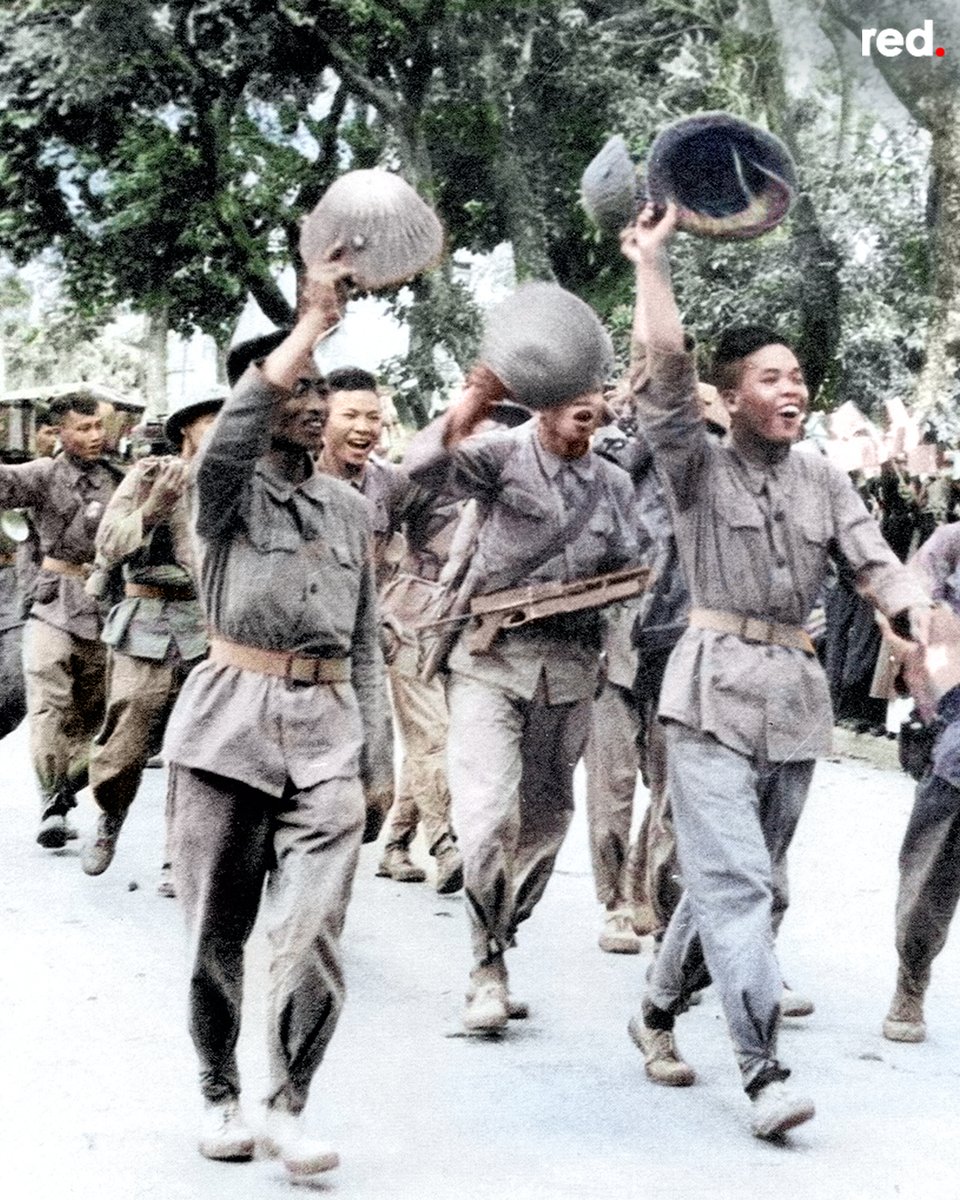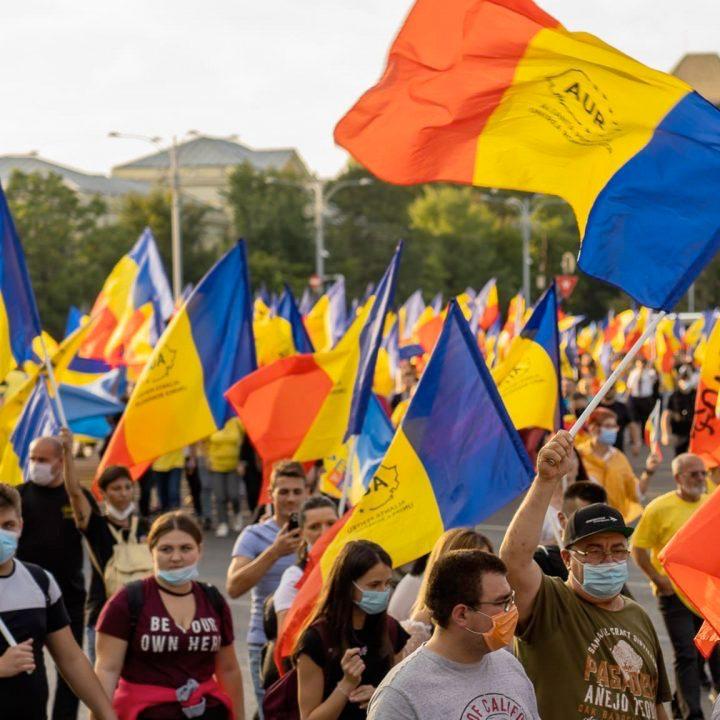Check out this week's photo dump of people in struggle around the world: 🧵
Sakhnin, occupied Palestine – Palestinian flags fill the streets on "Land Day", which commemorates the 1976 uprising following the murder of six Palestinian protesters who resisted Israeli land theft.
Sakhnin, occupied Palestine – Palestinian flags fill the streets on "Land Day", which commemorates the 1976 uprising following the murder of six Palestinian protesters who resisted Israeli land theft.

Sanaa, Yemen – Huge crowds swarm the capital's streets, marking the anniversary of the Saudi war on Yemen 

Paris, France – President Macron depicted on a hangman graffiti on the streets which are still engulfed by massive strikes and protests against his anti-democratic pension bill. 

Melbourne, Australia - Activists join worldwide protests on #TransDayOfVisibility, which champions trans rights and LGBTQ+ struggles. 

Valparaiso, Chile – Clashes between police and protesters erupt on the annual "Day of the Young Combatant", a Chilean anniversary marking the murder of two young revolutionary brothers in 1985. 

Beirut, Lebanon – Ongoing protests flare up in Lebanon driven by retired servicemen demanding an adjusted pension to cope with crippling inflation. 

Ciudad Juarez, Mexico – Migrants laying down flowers in front of the immigration detention center near the US border, where at least 39 people died in a fire. 

Nairobi, Kenya – A protester hurls a rock at riot police during ongoing anti-government protests, which erupted amid a severe cost of living crisis. 

Rabat, Morocco – A protester burns the Israeli flag at a demonstration in solidarity with Palestine and against Israeli military escalation in the occupied West Bank. 

Buenos Aires, Argentina – Large crowds gather in the world-famous Plaza de Mayo on the 47th anniversary of the 1976 military coup. Protesters mourn victims and celebrate the defeat of the dictatorship. 

• • •
Missing some Tweet in this thread? You can try to
force a refresh

























